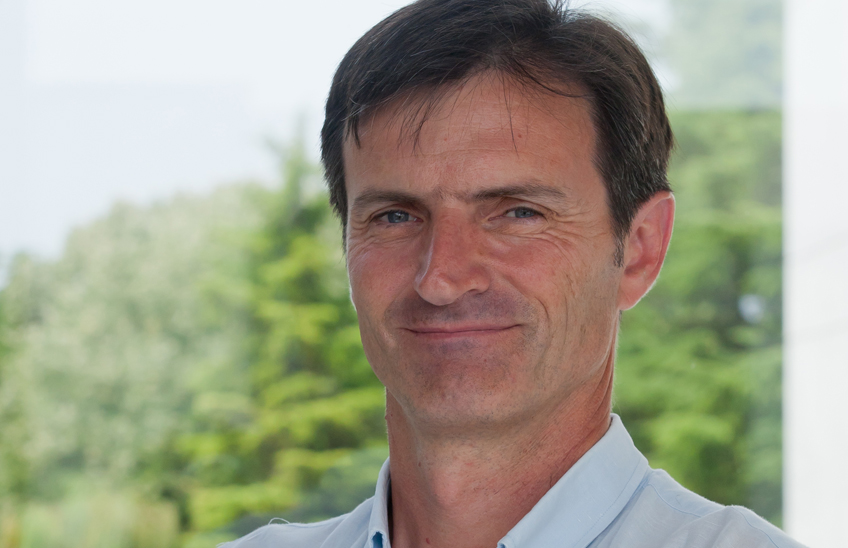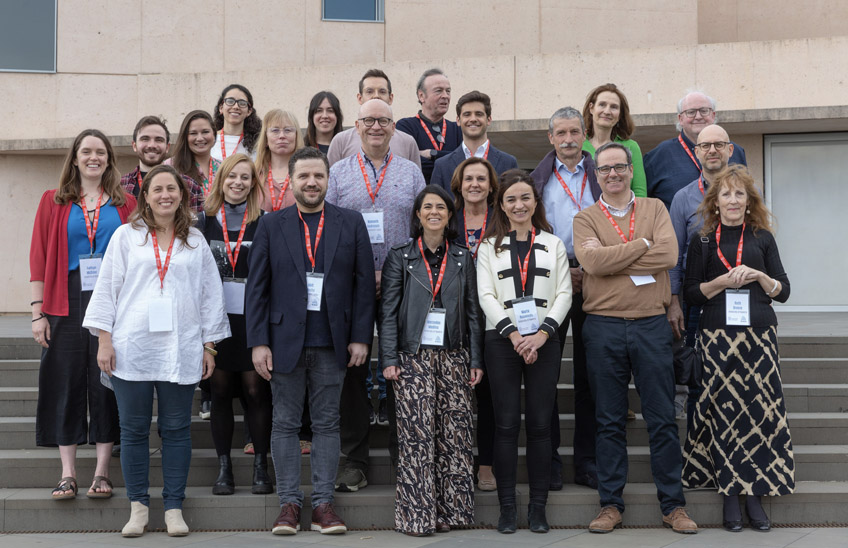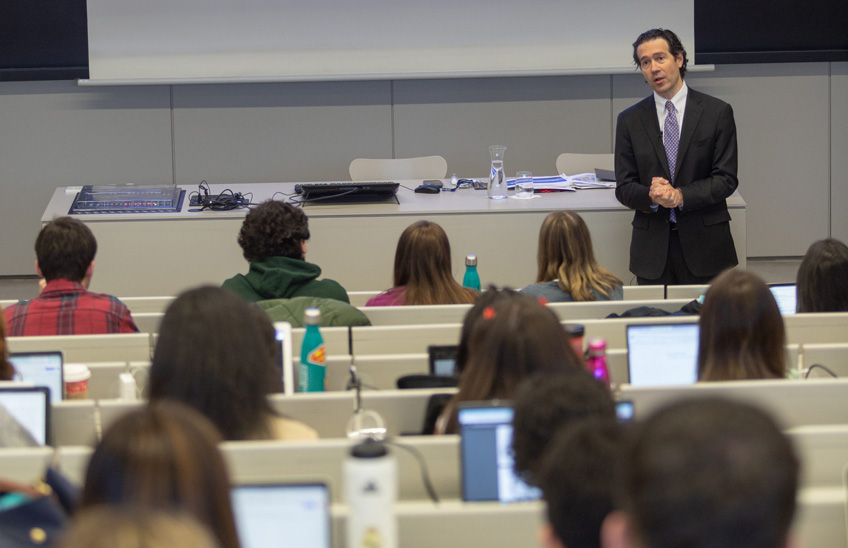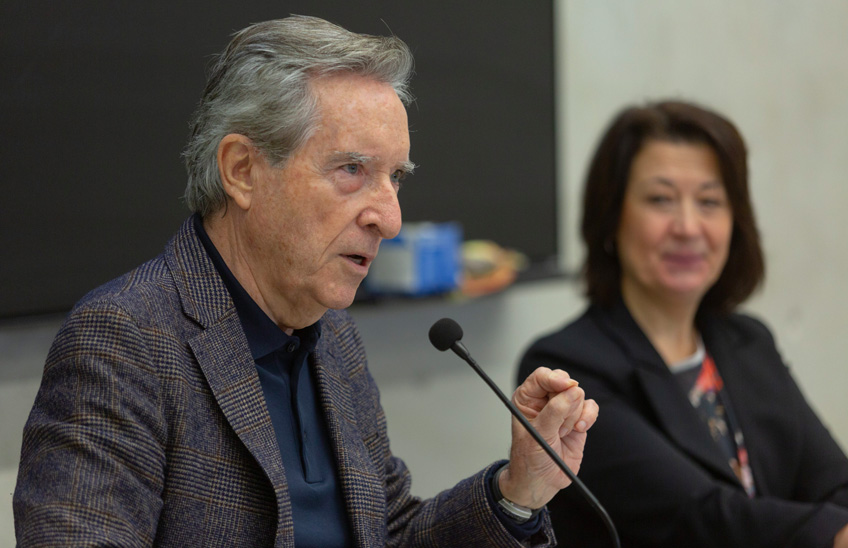A study coordinated by the University analyses the role of social networks in the speech of climate change.
The results of the research will be presented on December 13 and 14 at the ClimaEnRedes webinar.

FotoManuelCastells/Bienvenido León, researcher project
10 | 12 | 2021
Social networks are channels that allow discussions to be held on climate change, a topic that is currently of great relevance, topic . But, do organizations and companies have clear strategies to design effective content? Coordinated by the group of research on Science Communication of the University of Navarra, together with researchers from seven other universities from 6 countries, the project "Communicating climate change in social networks: strategies, emotions and images", focuses on the analysis of relevant trends to communicate climate change in social networks, with special emphasis on the strategies used to design messages, as well as the role of images and emotions.
The research is based on the hypothesis that social networks can play a very important role in the communication of climate change, helping to overcome some of the limitations detected in traditional media, and facilitating citizen involvement and action to address this process. The results of the study will be presented on December 13 and 14 at the seminar "ClimaEnRedes" organized by the University of Navarra, at partnership with the association Spanish science communication (AEC²) and the association of environmental information journalists (APIA). Those interested in attend can connect to the sessions through the following link.
Among others, the seminar will be attended by Maxwell Boykoff, researcher of the University of Colorado (USA), and the president of the association Española de Comunicación Científica, Elena Lázaro.
During the research , 21 interviews were conducted with community managers and communication directors of organizations of different characteristics in several countries. The researchers have identified strategies that guide communication objectives on climate change, get closer to citizens and create interaction. The authors emphasize that these strategies depend on each organization, its context and its audiences. However, they can be considered as a first approach guide that should be adapted to the objectives of each institution.
"Most of these strategies are based on 'sender-receiver' communication models, which leave aside models of dialogue and participation, focused on building potential communication relationships," notes Bienvenido León, researcher principal (IP) of project. For the professor from the University of Navarra, "perhaps perceiving social networks as spaces to create dialogues about #ClimateChange can help to establish more solid relationships, based on trust, that allow a more fruitful discussion and facilitate the connection with the public". The authors also conclude that including higher levels of interaction in social media strategies remains a challenge that could lead to more effective social discussion on climate change.
The project is funded by the Ministry of Science and Innovation, within the National Plan of research and development. The other participating universities are the following: University of Colorado Boulder (USA), University of Otago (N. Zealand), Universidade do Porto (Portugal), Universidad Miguel Hernández de Elche (Spain), Gulf University for Science and Technology (Kuwait) and Universidad Nacional Autónoma de México (Mexico).




